Let’s dive into one of the more obscure corners of internet horror, a tale that’s both eerie and authentic: the story of "Candle Cove." This strange saga didn't just emerge from the depths of online forums—it evolved into something much larger, seeping into pop culture and inspiring countless creepy stories and shows. But what's fascinating about Candle Cove isn't just the story itself; it’s the way it was shared, interpreted, and ultimately, how it blurred the lines between fiction and reality.
The Origins of Candle Cove
"Candle Cove" first appeared on the website Ichor Falls in 2009, a site dedicated to creepy tales and urban legends. Written by Kris Straub, the story was crafted in a format that was quite novel for its time—a series of forum posts. The premise was simple yet chilling: a group of users reminisces about a bizarre and disturbing children's TV show called "Candle Cove" that they vaguely recall from their childhoods in the early 1970s.
The show’s content was unsettling. It featured a cast of marionette puppets in a low-budget setting, with episodes filled with odd and terrifying imagery. The users' shared memories start innocuously enough—nostalgic recollections of characters like "Pirate Percy" and "The Laughingstock." But as the conversation progresses, the memories grow darker. The users begin to recall more sinister details: a character known as "The Skin-Taker," disturbing scenes of children screaming in terror, and a finale that consisted of nothing but static and anguished cries.
What makes "Candle Cove" so intriguing is how the story unfolds through the medium of a fictional forum thread. The format added a layer of realism that made readers question whether the show could have been real. The story’s use of collective memory and the creeping sense of dread tapped into a primal fear—what if the things you vaguely remember from your childhood were far more sinister than you ever imagined?
The Blurring of Fiction and Reality
The brilliance of "Candle Cove" lies in its ambiguity. It never outright states whether the show was real or a shared hallucination. This uncertainty led to a phenomenon where readers began to question their own childhood memories. Some even swore they had seen the show themselves, a classic example of the Mandela Effect where people collectively misremember something. The story spread across forums and social media, with people either playing along or genuinely speculating about the existence of this lost TV show.
This blending of fiction and reality is a hallmark of what would later be known as creepypasta, a genre of horror stories shared and modified by users across the internet. While "Candle Cove" wasn't the first creepypasta, it became one of the most influential, partly because it was so well-crafted and partly because it was so open to interpretation. It was this story that helped cement the idea that the internet could be a place where horror could be not just consumed, but collaboratively created.
Influence on Pop Culture
"Candle Cove" didn’t just remain an internet phenomenon. Its eerie allure caught the attention of mainstream media, leading to a significant adaptation in 2016 when it became the basis for the first season of Syfy's horror anthology series, Channel Zero. The show took the basic premise of the story but expanded it, introducing new characters and a more detailed plot. However, it retained the core of what made "Candle Cove" so terrifying—the idea that our memories, especially those from childhood, could hide something monstrous.
This adaptation brought "Candle Cove" to a wider audience, many of whom were unaware of its internet origins. The show was praised for its unsettling atmosphere and its ability to evoke the same kind of psychological horror that the original story did. But more importantly, it demonstrated how internet horror could transition from niche forums to mainstream television while retaining its ability to disturb.
The Legacy of Candle Cove
Today, "Candle Cove" is often cited as a classic example of internet horror, a story that helped define a genre and influence a generation of horror creators. It’s been referenced in countless other works, from YouTube horror series to other creepypasta stories, and continues to be a touchstone for those interested in the darker side of nostalgia.
What makes "Candle Cove" so enduring is that it taps into a universal fear—the idea that there’s something lurking in the past, something we’ve collectively forgotten or repressed. And on the internet, a place where reality and fiction often blur, "Candle Cove" serves as a reminder of how easily our minds can be tricked into believing the unbelievable.
In the end, "Candle Cove" isn’t just a story about a creepy TV show. It’s a story about the internet itself—a place where the lines between what’s real and what’s not are constantly shifting, and where horror can be found in the most unexpected places.

